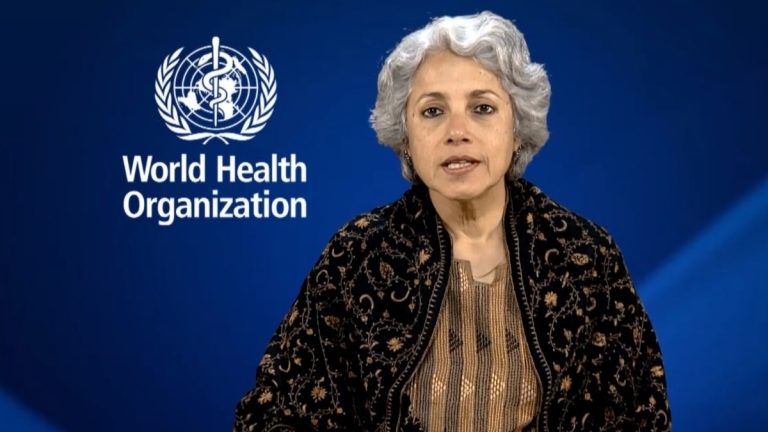
New COVID vaccines may not need needles: WHO chief scientist
About 10 vaccines have been employed for various groups of people across 122 countries at present, but there are eight more vaccine candidates that will be available by the year end, said a World Health Organization (WHO) chief scientist Soumya Swaminathan.

About 10 vaccines have been employed for various groups of people across 122 countries at present, but there are eight more vaccine candidates that will be available by the year-end, said World Health Organization (WHO) chief scientist Soumya Swaminathan.
Also, researchers are working on vaccines that could be administered through nasal sprays or skin patches, thus reducing dependence on needle-based shots, said Swaminathan on Monday (March 15).
Swaminathan, who is a paediatrician, said the present scale of development on the vaccine front is satisfactory, but a lot more can be done. “The year 2022 would be crucial,’ she said while speaking to Bloomberg.
The WHO senior scientist, known for her research on HIV and TB vaccines, said the new-age vaccines could be single-shot jabs, as against two-dose at present. Instead of injections, the vaccines could be given orally, through nasal sprays or even through skin patches, Swaminathan said.
WATCH: COVID-19 vaccines and people with cancer
The vaccines already in use are also being updated, keeping in view the threat of new virus strains emerging in the last few months.
Anticipating future requirements, Swaminathan said there is a pressing need to constantly innovate and encourage research.
The senior scientist said people already infected with SARS-CoV-2 may not need two doses. Therefore, single-dose vaccines to COVID-19 survivors could free up more supplies, though the challenge could be to conduct blood tests to gauge the already infected patients’ antibody levels before taking a call on the second jab, said Swaminathan.
Also read: Oxford’s COVID vaccine excellent, not linked to clotting cases: WHO
She also emphasized the need for vaccine trials across the world in diverse ethnicities, age groups, and on people with different medical conditions for better results.


